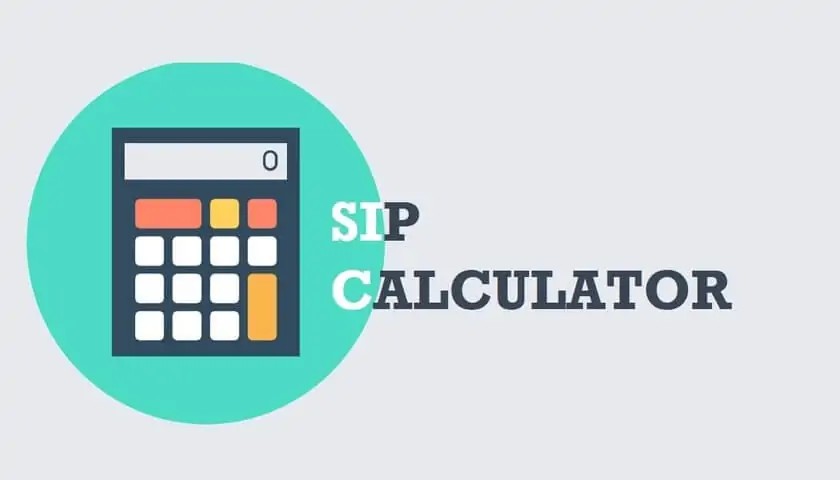A Homeowner Association (HOA) is a private company or firm that manages and controls the housing community. It is important to have a good and effective budget system to be stable in the long run for the Homeowners Association (HOA).
A clear financial plan will ensure operational efficiency and no shortage of money in the future, no matter if you are managing a small community or a large complex.
If you are the head of an HOA and want to manage your finances in the best way possible, you can get help from a skilled expert like a Long Island accountant who will give you important tips on how to manage your funds and future financial needs.
In this article, you will learn about the best tips for maintaining an HOA budget so that you can be financially stable and give a better quality of life to the residents living in their properties.
Building a Strong Foundation: Understanding HOA Budget Basics
A budget with a good structure is the most important thing for managing finances effectively for HOAs. There are many factors with which you can start your budgeting journey.
Assess Your Financial Position
Look at the previous budgets to know the patterns and trends. Try to know where you stand financially in the present, which includes reserves and outstanding debts. Always keep Operational and Reserve Budgets separate.
Operational budget and Reserve budget
The operational budget covers day-to-day expenses like utilities, maintenance, and administrative costs. The reserve budget has all the funds that are saved for long-term projects like the replacement of a roof or major landscaping.
Involve Stakeholders
Try to involve board members and community representatives in the process of maintaining the budget. Transparency will make them trust you and make sure everyone understands financial priorities.
Forecasting for the Future: The Importance of Reserve Studies
It is important to have a reserve plan so that you can cover major repairs because damage can happen at any time, and unexpected costs can come out of nowhere.
Conduct Regular Reserve Studies
Take help from professionals to keep a check on the lifespan and replacement costs of major property. Update the study every 3–5 years to know if the budget matches with the current market conditions.
Align Budget with Long-Term Goals
Distribute a portion of monthly dues to the reserve fund. Plan a budget that will not be affected if there is inflation and possible increases in material and labor costs.
Avoid Special Assessments
Good future planning will help you to stay away from unexpected seizing of property because of debt, which can cause dissatisfaction.
Managing Expenses: Practical Tips for Cost Control
It is a smart act to control expenses without any effect on the service quality and can balance the money in an effective way.
Try to fix better rates with vendors for services like landscaping, security, or cleaning. Go for bundling services so that you can save costs.
Adopt Energy-Efficient Solutions
Try to use and install LED lighting and energy-efficient HVAC systems in the houses so that utility costs are lower. Also, go for solar energy options wherever they are easily available.
Monitor Spending Closely
Come to actual expenses with the budget on a regular basis. Use accounting software so that there can be real-time tracking and financial reporting.
Engaging the Community: Enhancing Financial Transparency
A community that has all the knowledge and necessary help from professionals can support financial decisions in a better way.
Host Budget Workshops
Give detailed explanations of the budget, which will include how you distributed your funds. Always try to answer questions and solve concerns that homeowners make.
Share Financial Reports
Distribute monthly or quarterly updates to keep the residents aware. Show how you are trying to use funds that will benefit the community.
Encourage Feedback
Create a platform for residents so that they can give cost-saving ideas and share their concerns. Add feedback into future budgets where there is a need.
Take Action Today: Strengthen Your HOA’s Financial Future
Effective budgeting is important to maintain a prosperous and growing community. Start using these tips today to make sure that there is financial stability and that homeowners are happy. Stay quick and alert so that your HOA can be successful.



